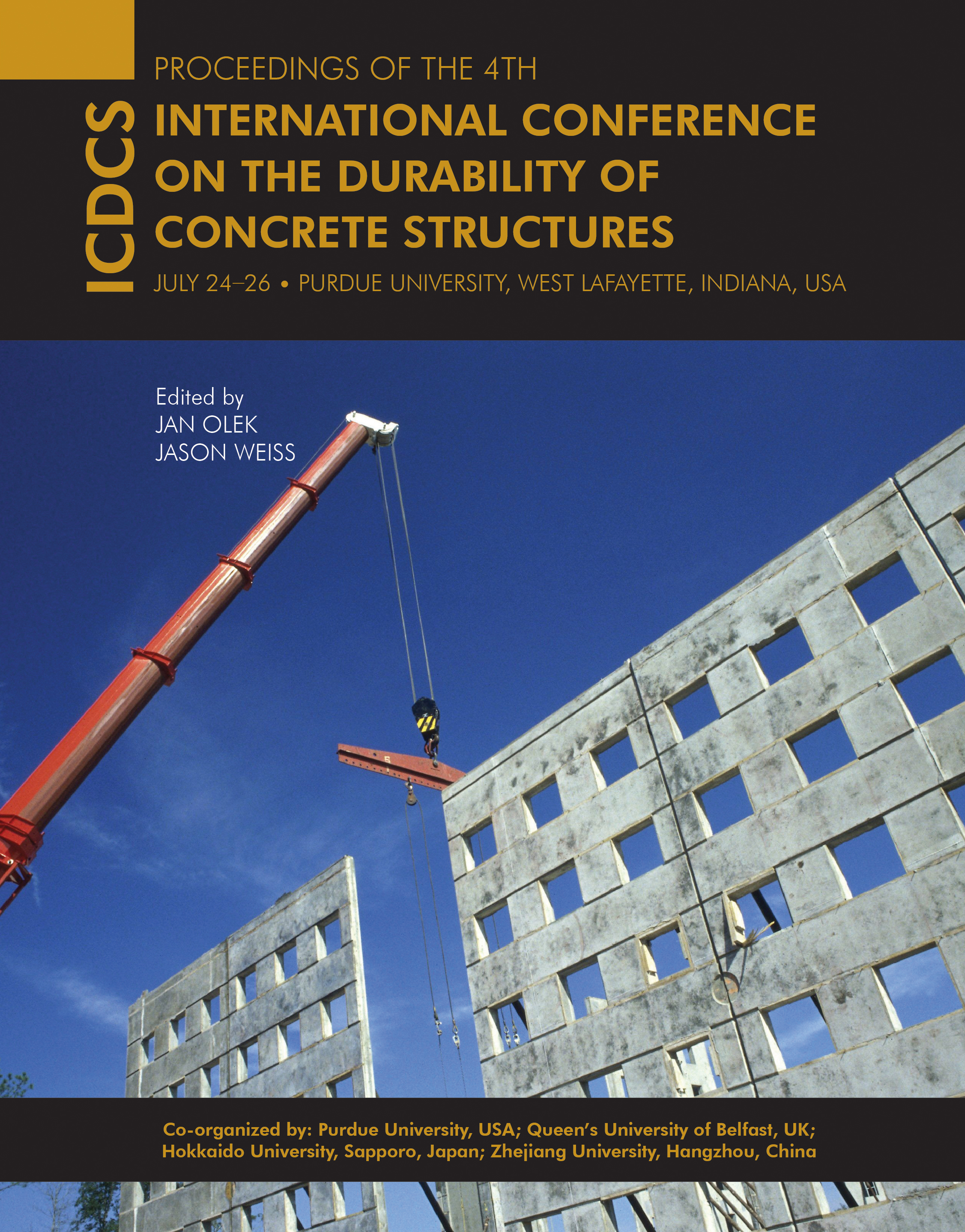Abstract
Concrete carbonation is one of the most significant causes of deterioration of reinforced concrete structures in atmospheric environment. However, current models based on the laboratory tests cannot predict carbonation depth accurately. In this paper, the BP neural network is optimized by the particle swarm optimization (PSO) algorithm to establish the model of the length of the partial carbonation zone for concrete. After simulation training, the improved model is applied to a concrete bridge for carbonation depth prediction. The results show that the improved model, which has faster a convergence rate, has a good ability in predicting the length of the partial carbonation zone of the reinforced concrete, and the predicted value matches the field-measured value very well, which provides scientific guidance to durability design, assessment, and life prediction for concrete structures.
Keywords
carbonation depth, concrete, durability, neural network
Date of Version
January 2014
DOI
10.5703/1288284315384
Recommended Citation
Luo, Daming; Niu, Ditao; and Dong, Zhenping, "Application of Neural Network for Concrete Carbonation Depth Prediction" (2014). International Conference on Durability of Concrete Structures. 3.
https://docs.lib.purdue.edu/icdcs/2014/carbonation/3
Included in
Application of Neural Network for Concrete Carbonation Depth Prediction
Concrete carbonation is one of the most significant causes of deterioration of reinforced concrete structures in atmospheric environment. However, current models based on the laboratory tests cannot predict carbonation depth accurately. In this paper, the BP neural network is optimized by the particle swarm optimization (PSO) algorithm to establish the model of the length of the partial carbonation zone for concrete. After simulation training, the improved model is applied to a concrete bridge for carbonation depth prediction. The results show that the improved model, which has faster a convergence rate, has a good ability in predicting the length of the partial carbonation zone of the reinforced concrete, and the predicted value matches the field-measured value very well, which provides scientific guidance to durability design, assessment, and life prediction for concrete structures.





